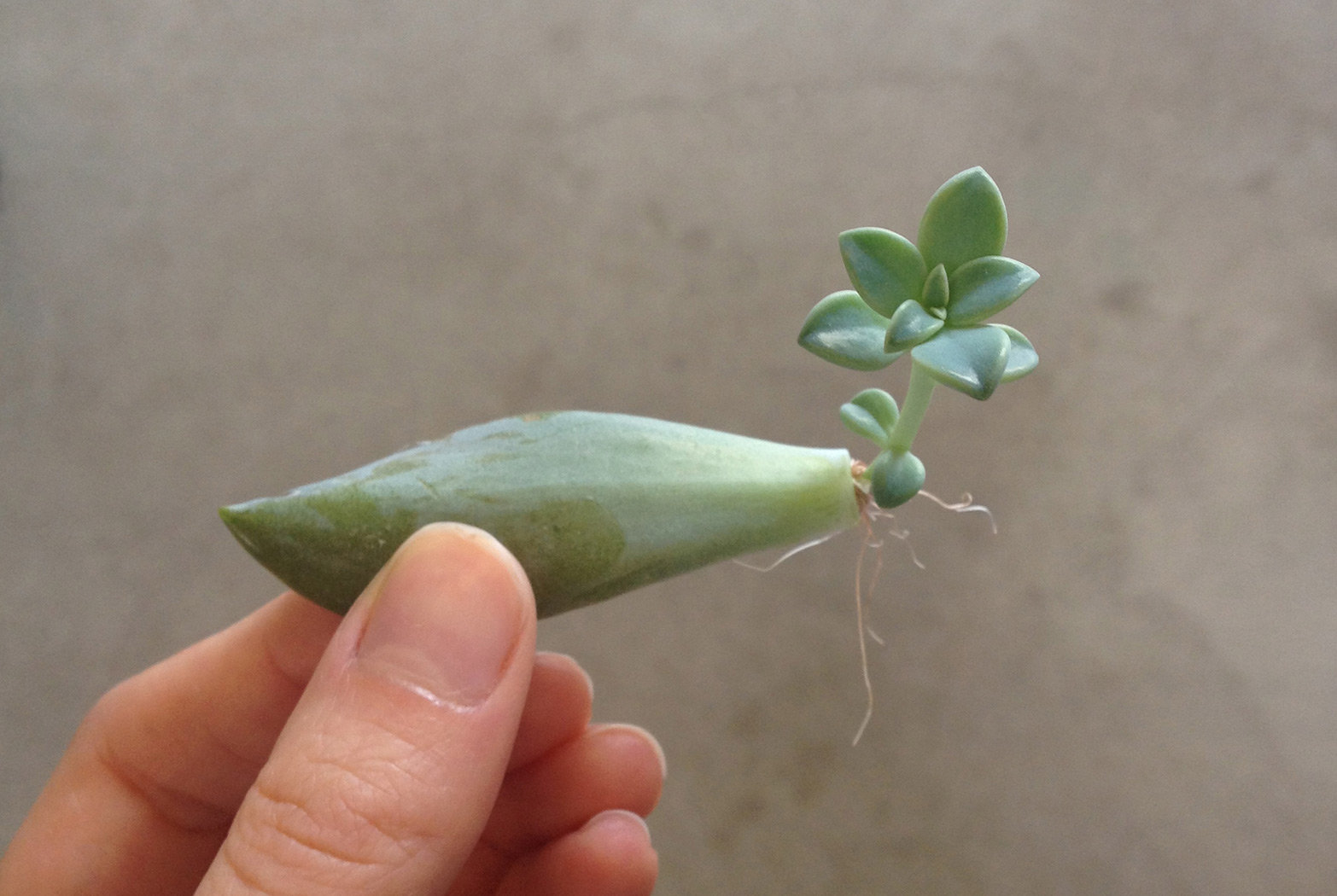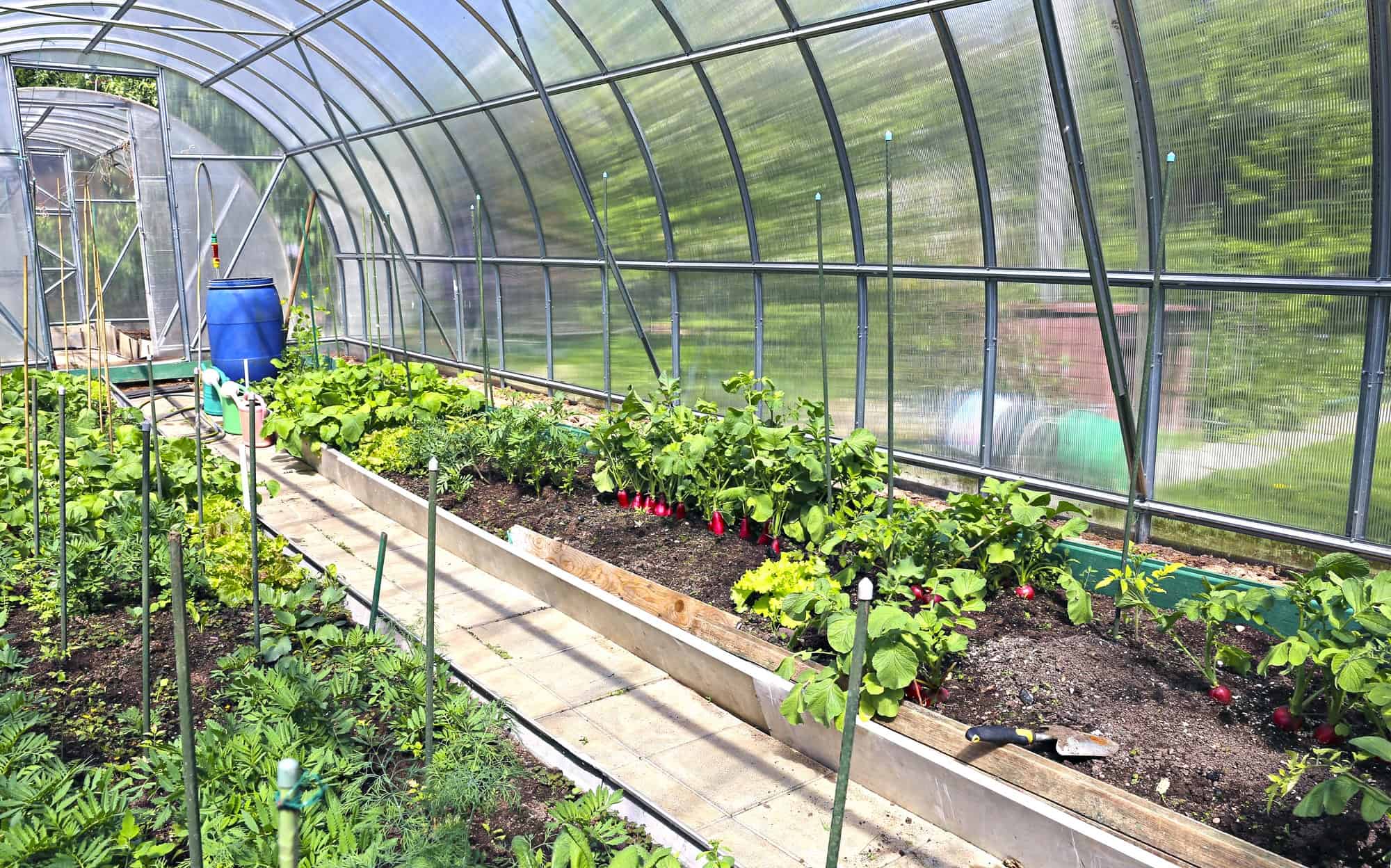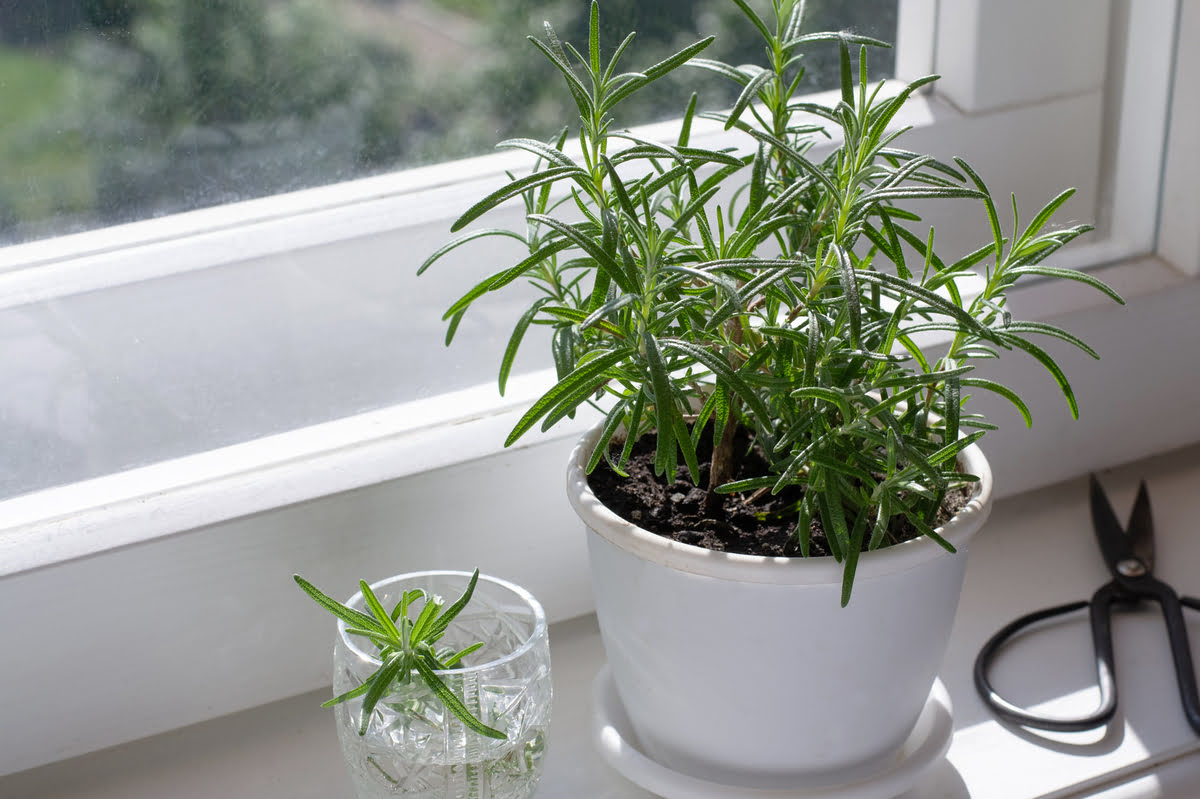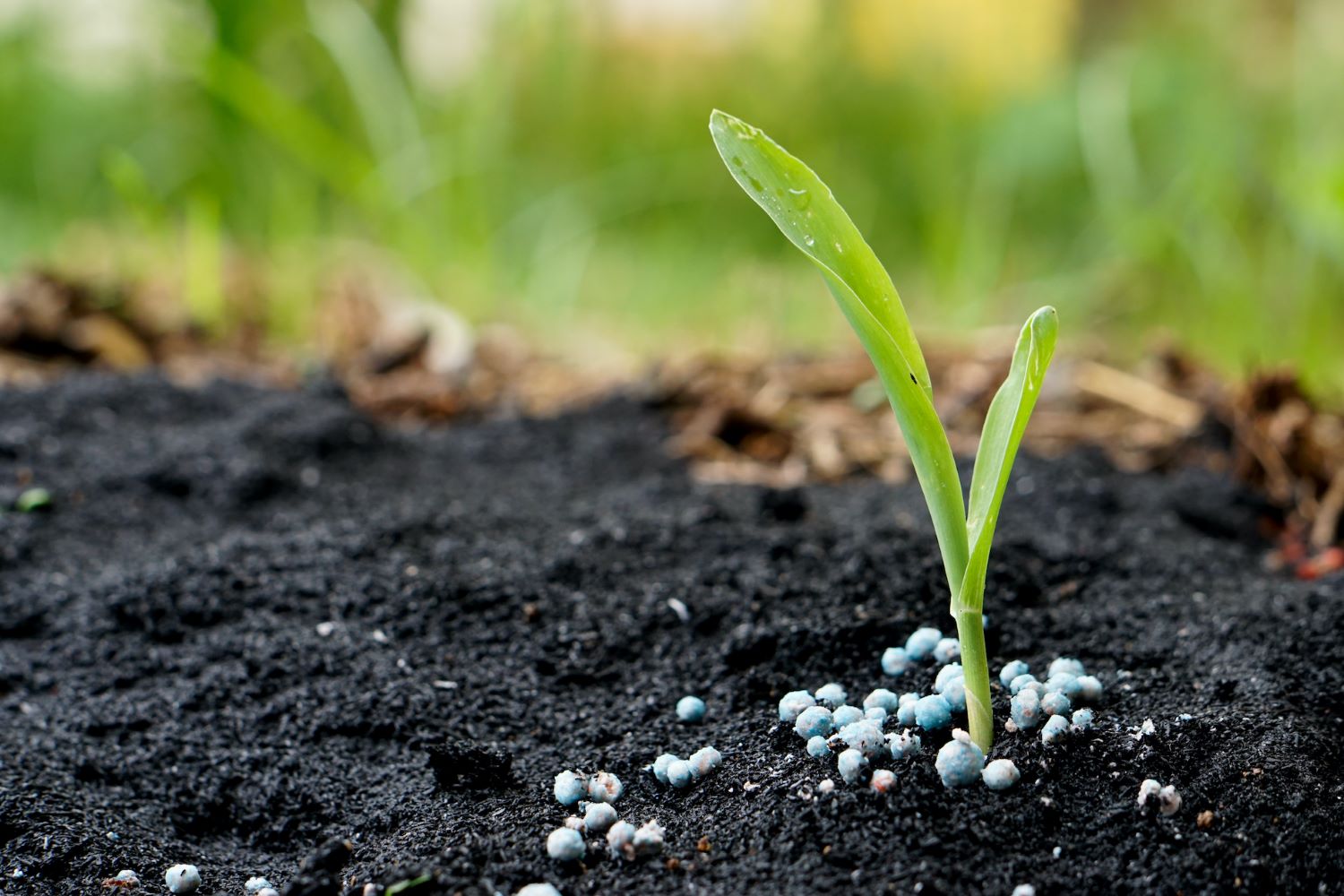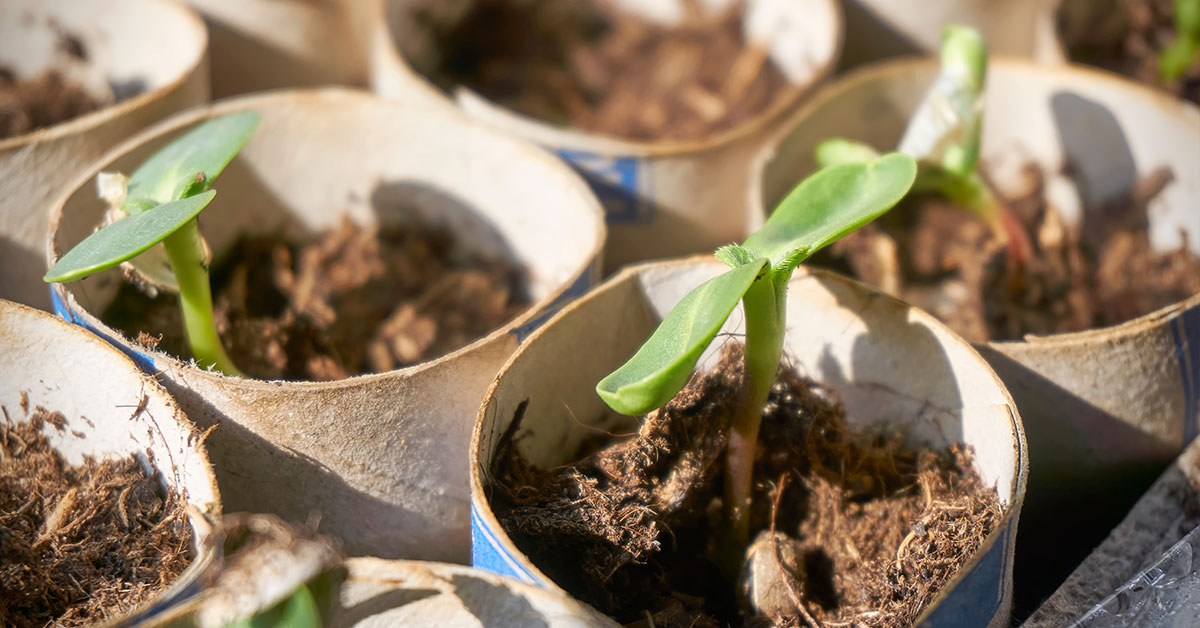Home>Gardening Tips and Tricks>Eco-Friendly Gardening>How Long Does It Take For Food To Compost
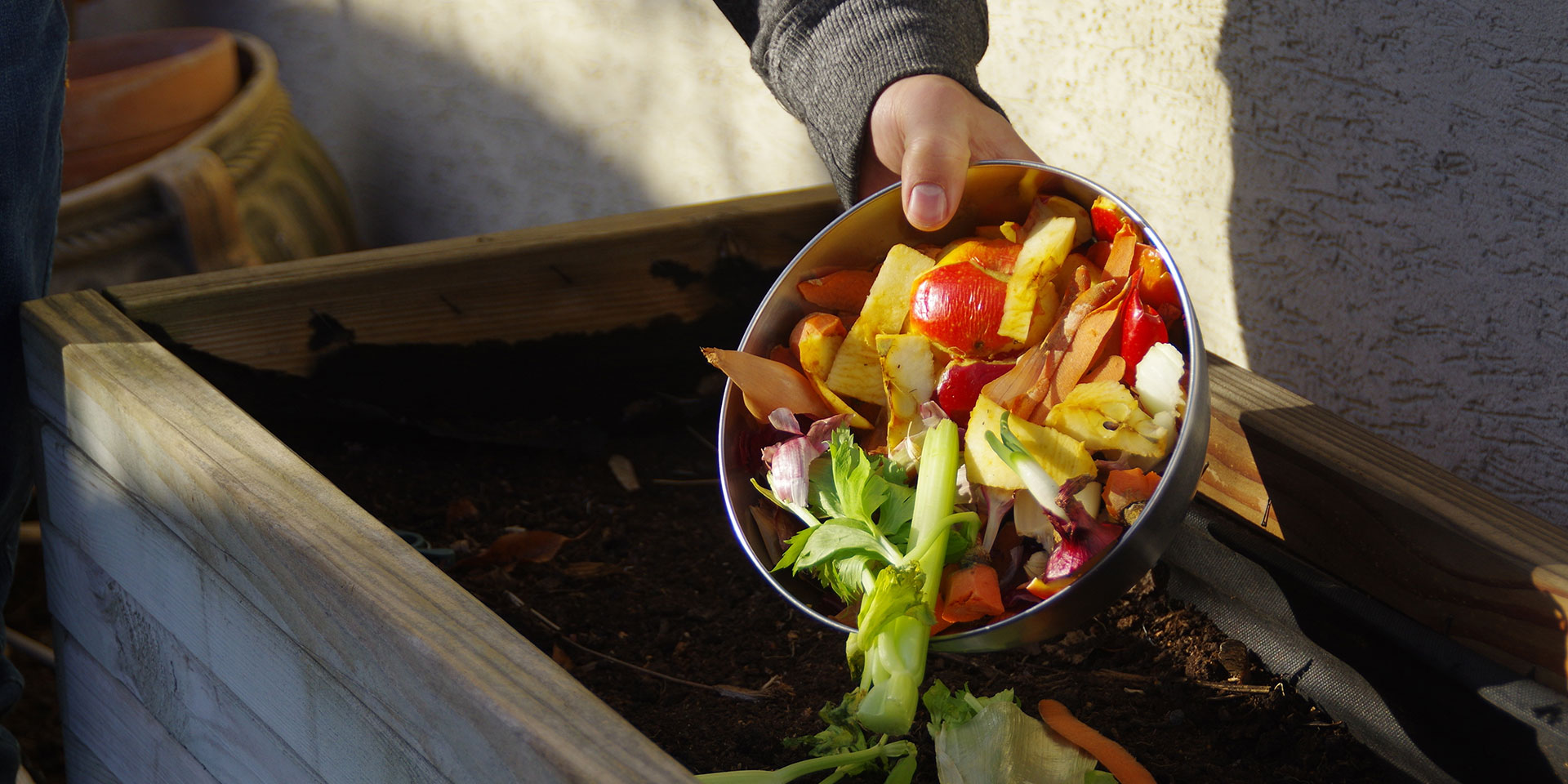

Eco-Friendly Gardening
How Long Does It Take For Food To Compost
Modified: January 22, 2024
Discover the eco-friendly way to compost your food waste. Find out how long it takes for food to compost and start your sustainable gardening journey with us.
(Many of the links in this article redirect to a specific reviewed product. Your purchase of these products through affiliate links helps to generate commission for Chicagolandgardening.com, at no extra cost. Learn more)
Table of Contents
Introduction
Welcome to the world of eco-friendly gardening! If you’re passionate about reducing waste and nurturing the environment, eco-friendly gardening is the perfect way to do it. One of the key practices in eco-friendly gardening is composting, and it plays a crucial role in creating healthy, nutrient-rich soil for your plants.
Composting is the natural process of decomposing organic materials, such as food scraps, yard waste, and leaves, into a rich and fertile soil amendment called compost. This nutrient-rich compost is often referred to as “black gold” due to its ability to improve soil structure, retain moisture, and provide essential nutrients to plants.
When it comes to composting, understanding how long it takes for food to compost is essential. The composting time can vary depending on several factors, including the type of food, the size of the food scraps, the composting method used, and the environmental conditions.
In this article, we will explore the factors that affect composting time, discuss the composting time for different types of food, and provide tips on how to speed up the composting process to get nutrient-rich compost faster.
By the end of this article, you will have a better understanding of the composting process and be equipped with the knowledge to compost food waste effectively, reducing your environmental footprint and enriching your garden ecosystem.
Factors Affecting Composting Time
Several factors can influence the time it takes for food to compost. Understanding these factors will help you optimize the composting process and expedite the decomposition of your organic waste.
The key factors that affect composting time are:
- Size of Food Scraps: The size of the food scraps plays a significant role in composting time. Chopping or shredding the food waste into smaller pieces increases the surface area, allowing for faster decomposition by microorganisms.
- Ratio of Carbon to Nitrogen (C/N Ratio): The C/N ratio is crucial for effective composting. Carbon-rich materials such as dried leaves, straw, or shredded paper provide energy, while nitrogen-rich materials like food scraps, grass clippings, or manure provide the necessary nutrients. Maintaining a balanced C/N ratio (approximately 25-30 parts carbon to 1 part nitrogen) helps create a favorable environment for decomposition.
- Moisture Content: Adequate moisture is essential for composting. The microorganisms responsible for decomposition require moisture to break down organic matter. Generally, the compost pile should be moist, similar to a wrung-out sponge. Moisture levels that are too high or too low can hinder decomposition.
- Aeration: Oxygen is necessary for the proper functioning of aerobic microorganisms, which play a crucial role in the decomposition process. Regularly turning or aerating the compost pile allows for better airflow, ensuring that oxygen reaches the microorganisms and promotes faster decomposition.
- Composting Method: The composting method you choose can also affect composting time. Traditional backyard composting, using a compost bin or pile, can take several months to a year to produce finished compost. However, methods like hot composting or vermicomposting (composting with worms) can accelerate the process, reducing composting time to a few weeks or months.
- Environmental Conditions: Environmental factors such as temperature and climate also influence composting time. Warmer temperatures facilitate faster decomposition, while colder temperatures can slow it down. Additionally, the presence of sunlight can help increase the temperature in the compost pile, further speeding up the process.
By considering and optimizing these factors, you can significantly impact the time it takes for food waste to compost, ultimately resulting in quicker and more efficient composting.
Types of Food and Composting Time
The types of food you compost can affect the time it takes for them to break down and transform into nutrient-rich compost. Some foods decompose quickly, while others may take longer. Here are some common types of food and their composting time:
- Fruits and Vegetables: Most fruits and vegetables decompose relatively quickly. Soft fruits like bananas, melons, and berries can break down within a few weeks. Harder vegetables, such as carrots and potatoes, may take a bit longer due to their denser structure.
- Grains and Breads: Grains like rice, pasta, and bread can also decompose reasonably quickly. However, it’s important to note that bread and other baked goods may attract pests if not buried deep within the compost pile or covered with other materials.
- Plant Trimmings: Any plant trimmings, such as leaves, grass clippings, or small branches, can compost relatively quickly. These materials are often high in nitrogen and provide a valuable source of nutrients for the compost pile.
- Eggshells: Eggshells are an excellent addition to the compost pile. While they take longer to decompose, they add valuable calcium to the compost, benefiting your plants in the long run.
- Coffee Grounds and Tea Bags: Coffee grounds and tea bags are rich in nitrogen, making them beneficial additions to the compost pile. These materials break down relatively quickly and can help balance the C/N ratio in the compost.
- Dairy and Meat: Dairy products and meat scraps can technically be composted, but they can also attract pests and cause unpleasant odors. If you choose to compost these materials, it is recommended to bury them deep within the compost pile and ensure they are covered with enough carbon-rich materials, like dry leaves or wood chips, to minimize any negative effects.
Keep in mind that the composting time can vary depending on factors such as the size of the food scraps, the composting method used, and the environmental conditions. Chopping or shredding food waste into smaller pieces can speed up the composting process, as can using methods like hot composting or vermicomposting.
By incorporating a diverse range of food scraps into your compost pile and following proper composting techniques, you can create high-quality compost in a relatively short amount of time.
How to Speed up the Composting Process
If you’re eager to obtain nutrient-rich compost quickly, there are several strategies you can employ to speed up the composting process. By following these tips, you can accelerate decomposition and produce compost in a shorter timeframe:
- Chop or Shred Food Scraps: Smaller pieces of food waste have a larger surface area, enabling microorganisms to break them down more quickly. Consider chopping or shredding food scraps before adding them to the compost pile.
- Balance the C/N Ratio: Maintaining a proper balance between carbon-rich (browns) and nitrogen-rich (greens) materials is crucial. Ensure you have enough carbon-rich materials, such as dried leaves or shredded paper, to balance the nitrogen-rich food scraps. This balanced C/N ratio provides a favorable environment for decomposition.
- Manage Moisture Levels: Moisture is essential for decomposition, so it’s important to keep the compost pile adequately moist. Regularly monitor the moisture levels and adjust as necessary. If the pile is too dry, add water; if it’s too wet, add dry bedding materials like shredded newspaper or dry leaves.
- Aerate the Compost Pile: Oxygen is crucial for the decomposition process. Turn or aerate the compost pile regularly to introduce fresh air and promote aerobic decomposition. Use a pitchfork or compost turner to mix the materials well and ensure proper airflow.
- Add Accelerators: There are various natural materials that can enhance the composting process. Items such as compost accelerators, garden soil rich in microorganisms, or finished compost (known as compost starter) can speed up decomposition by introducing beneficial bacteria and enzymes.
- Consider Hot Composting: Hot composting involves creating a compost pile with specific materials and monitoring the temperature to ensure it reaches higher levels. This method can significantly speed up the decomposition process, resulting in compost in a matter of weeks instead of months.
- Use Vermicomposting: Vermicomposting, or composting with worms, can also expedite decomposition. Red worms or composting worms can consume organic material quickly and produce nutrient-rich worm castings, which are a valuable addition to the compost pile.
By implementing these strategies, you can accelerate the composting process, ensuring you have a steady supply of nutrient-rich compost for your garden in no time. Remember to monitor the compost pile regularly, making any necessary adjustments to maintain optimal conditions for decomposition.
Common Mistakes in Composting Food
Composting food waste is a fantastic way to reduce waste and create nutrient-rich compost, but there are some common mistakes that can hinder the process. By being aware of these mistakes, you can avoid them and ensure successful composting of your food scraps:
- Adding Too Much Food at Once: Overloading the compost pile with a large amount of food waste all at once can create imbalances in the composting process. It’s best to add smaller amounts of food scraps gradually to maintain the proper balance of carbon and nitrogen materials.
- Ignoring the C/N Ratio: For effective composting, it’s crucial to maintain the correct ratio of carbon-rich materials (browns) to nitrogen-rich materials (greens). Neglecting this ratio can result in an imbalanced compost pile that takes longer to decompose. Keep an eye on the C/N ratio and adjust the materials accordingly.
- Not Providing Adequate Airflow: Oxygen is a vital component for aerobic decomposition in the compost pile. Failing to provide adequate airflow by neglecting to turn or aerate the compost pile can slow down decomposition. Aim to turn the pile regularly to ensure proper oxygen levels throughout the process.
- Forgetting to Water the Compost: Moisture is essential for the composting process, as it provides the necessary environment for microbial activity. Forgetting to water the compost pile can result in a dry pile that hinders decomposition. Make sure to monitor moisture levels and add water as needed to maintain a moist but not overly wet compost pile.
- Adding Meat or Dairy Products Improperly: While meat and dairy products can technically be composted, they can attract pests and create odors if not handled correctly. Burying these materials deep within the compost pile or using a bokashi composting system can help minimize these issues.
- Ignoring Temperature and Environmental Conditions: Temperature and environmental conditions can impact the speed of decomposition. Neglecting to consider these factors can result in a slower composting process. If possible, position your compost pile in a sunny area to help raise the temperature and foster faster decomposition.
- Not Monitoring and Troubleshooting: Composting requires regular monitoring to ensure everything is progressing as it should. Neglecting to monitor the compost pile can lead to potential issues going unnoticed, such as the pile being too dry or too wet. Regularly check on your compost and make any necessary adjustments or troubleshooting as needed.
By avoiding these common mistakes, you can optimize your composting process and ensure successful decomposition of your food waste. Composting properly will help you create rich, nutrient-dense compost to nourish your garden and support a sustainable gardening practice.
Conclusion
Eco-friendly gardening is all about reducing waste and nurturing the environment, and composting plays a vital role in achieving these goals. By understanding the factors that affect composting time, such as the size of food scraps, the C/N ratio, moisture levels, aeration, composting method, and environmental conditions, you can optimize the process and speed up the decomposition of your organic waste.
Different types of food have varying composting times, with fruits and vegetables typically decomposing relatively quickly, while dairy and meat take longer and require special attention to prevent odor and pest issues. By incorporating a diverse range of food scraps and following proper composting techniques, you can transform your organic waste into nutrient-rich compost for your garden.
To speed up the composting process, you can employ strategies such as chopping or shredding food scraps, balancing the C/N ratio, managing moisture levels, aerating the compost pile, adding accelerators, and considering hot composting or vermicomposting. These techniques will help expedite decomposition and ensure a steady supply of nutrient-rich compost for your plants.
Additionally, it is important to be aware of common mistakes in composting food, such as adding too much food at once, ignoring the C/N ratio, neglecting proper airflow and moisture, mishandling meat and dairy products, and not monitoring the compost pile. By avoiding these mistakes and troubleshooting any issues, you can maintain a healthy and efficient composting process.
Incorporating eco-friendly gardening practices like composting not only benefits your garden but also helps reduce the amount of waste sent to landfills, reduces greenhouse gas emissions, and promotes a healthier environment. So, start composting your food waste today and join the movement in creating a more sustainable and eco-friendly world through gardening.

